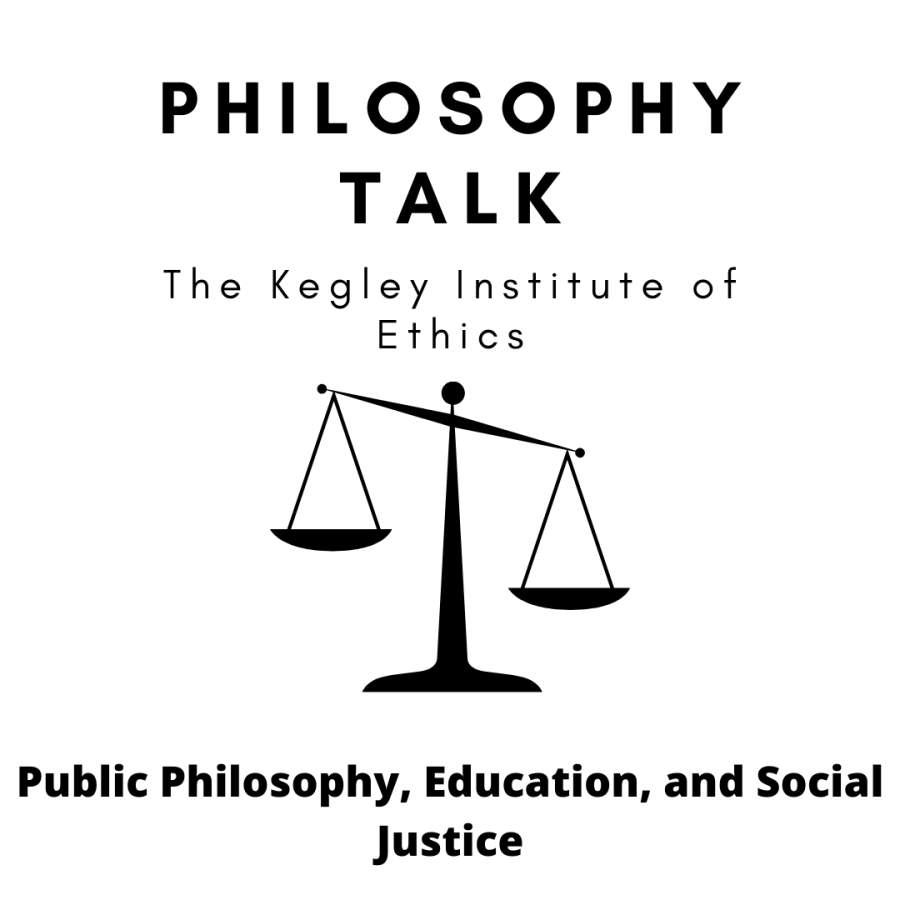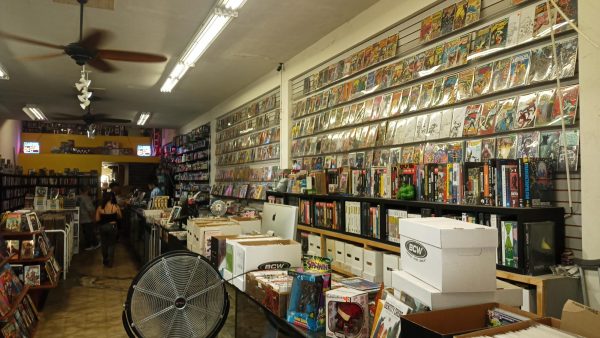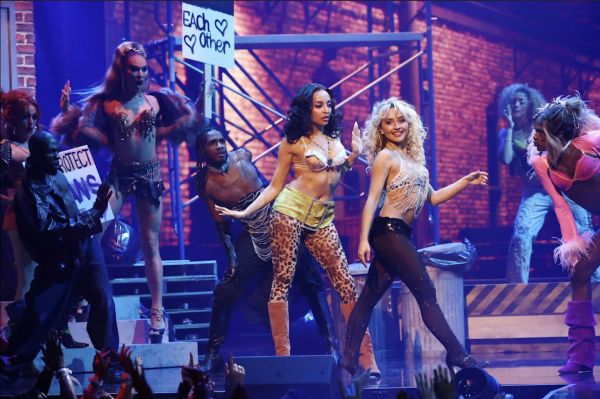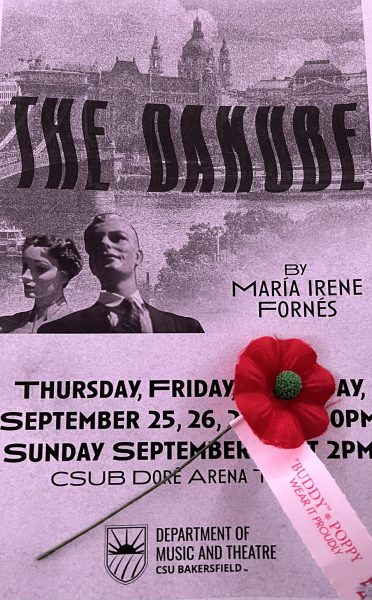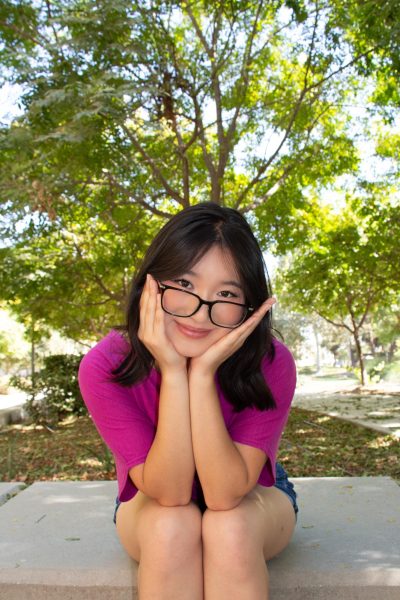Educators Bring Philosophy To All
February 10, 2022
Should we punish someone for breaking the law, or shift the thinking to is the law just. What conformed their definition of justice? Society should realize that people of color have been left out of those conversations, explained Dr. Briana Toole at The Kegley Institute of Ethics virtual event on Feb. 10.
The KIE partnered with PLATO and the Public Philosophy Network to host this webinar which was moderated by Dr. Michael Burroughs, director of the KIE. This event heard from four hosts who all work in or have created programs that utilize philosophy to enact social reform and change. The title of the event is “Public Philosophy, Education, and Social Justice.”
Toole is the founder and executive director of Corrupt the Youth. A philosophy outreach program that brings philosophy to title one high schools.
“The core values that guide this program are that students themselves are a huge source of knowledge and that they a have deep desire to understand their world… very often what we see in schools is that we don’t talk to children as if they’re their own person with ideas and opinions of their own,” said Toole.
The social change her program is bringing is helping youth be able to have difficult conversations about what they see happening in their own lives and communities.
Dr. Kyle Robertson is part of the Center for Public Philosophy which created a program meant to increase dialogue within communities. Ethics bowl competitions are part of his program that has drawn in hundreds of participants in being able to discuss moral, philosophical, and political subjects. Roberston also works in prison education trying to reform the education curriculum that incarcerated individuals receive.
Robertson went in-depth into an experience that to this day still brings him motivation which was when he taught the classic philosophical conundrum of the ‘trolley lever scenario” (one track, lever controls which way the trolley goes toward someone you care about or a group of people) at the prison he works at, and how a week after he taught, he returned, and the inmates were still discussing it. He found how fascinated and engaged they were with philosophy inspirational.
Dr. Sol Neely started the Flying University program which is a prison education program that became a re-entry program for incarcerated individuals to go into higher education after their release. The program does this by having university students and incarcerated individuals interact with one another in seminars.
Neely explains, “it (his program) became extremely dear to the community… Seeing the students who were formerly incarcerated come out and get their degrees was so inspirational. They worked so hard together and created a community.”
Adam Blazej coordinates a group called Rethink, which runs discussions with victims of mass incarceration, domestic abuse, and other forms of gendered violence. This program challenges the traditional model of teaching. In this program, there is no teacher nor student, but everyone is co-facilitating the discussion.
“I remember a previous participant of our discussions returned to co-facilitate, and throughout the discussion, I saw her writing on her notebook. Towards the end, she came up to me and asked if she could give this spoken word… I found it amazing because that’s the whole point of the model we use. I would have never done that to discuss, but it showed me something new,” said Blazej.
The event offered the opportunity for participants to engage with the speakers with Q&A segments about their work and overall questions on their philosophical beliefs. Everybody got the opportunity to learn about these public philosophers’ programs and the work they do to create social change in their communities. Philosophy is so much more than abstract thinking, but it can be implemented in ways that can be concrete and set a movement for change explained Burroughs.


